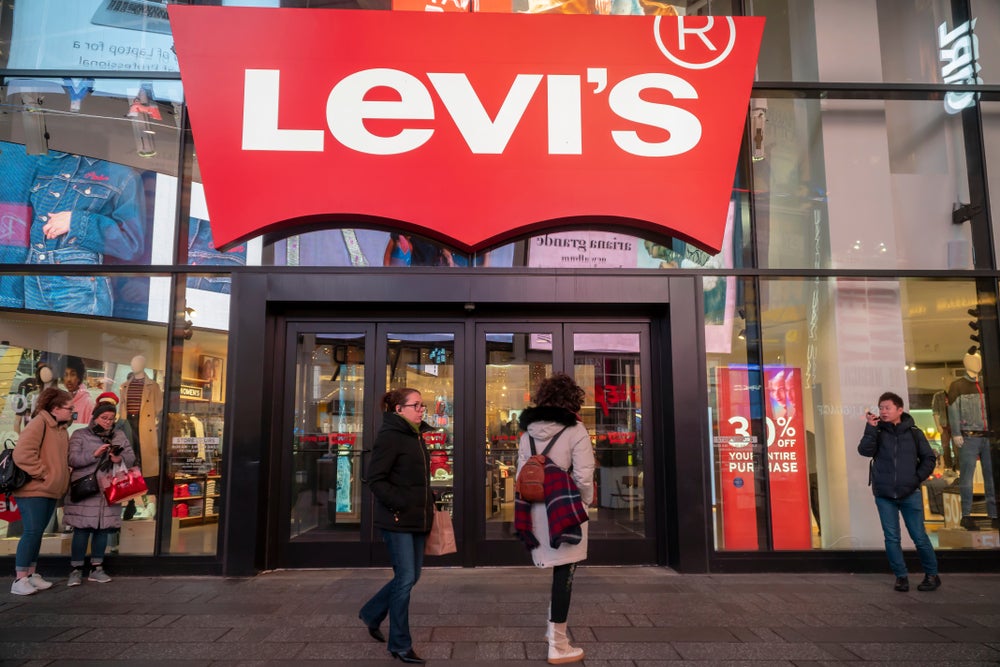
Each week, Just Style’s journalists pick out insights from company filings that highlight sentiments in our sector. These filings signals are based on GlobalData’s analysis of earnings statements, call transcripts, investor presentations and sustainability reports. They tell us about key topics on the minds of business leaders and investors, and the themes driving a company’s activities.
This new, thematic filings coverage is powered by our underlying Disruptor data which tracks all major deals, patents, company filings, hiring patterns and social media buzz across our sectors.
Geopolitics was the second-most-cited theme in the apparel sector’s company filings in Q2 and the start of Q3, after sitting top in Q1 when the fashion industry was grappling with the knock-on effects of the energy crisis, the end of Covid lockdowns in China as well as the consequences of many fashion brands no longer operating in Russia.
Geopolitical issues and inflationary pressures hit apparel Q2 margins
Inflationary pressures continue to be cited in companies’ earning analyses despite an overall drop in mentions in Q2 as higher product input and freight and logistics costs squeeze gross profit margins.
For example, US sportswear brand NIKE experienced strong consumer demand and growth in revenue for FY2023, but saw a dip in its gross margin from 46% in 2022 to 43.5% this year.
Alongside inflationary pressures, Nike cited the impact of Covid-related government restrictions in Greater China in 2022, which led to temporary store closures and reduced retail traffic, as well as fluctuations in foreign currency exchange rates. In fact, exchange rate volatility negatively affected the company’s reported revenues by approximately $2,859m.
How well do you really know your competitors?
Access the most comprehensive Company Profiles on the market, powered by GlobalData. Save hours of research. Gain competitive edge.

Thank you!
Your download email will arrive shortly
Not ready to buy yet? Download a free sample
We are confident about the unique quality of our Company Profiles. However, we want you to make the most beneficial decision for your business, so we offer a free sample that you can download by submitting the below form
By GlobalDataIn light of lower discretionary spending and depressed customer sentiments, Nike’s “demand creation expense” (sports marketing and advertising) rose 3% to $1.1bn.
Levi Strauss, however, was not as successful in driving consumer demand for its blue jean staples, with a consumer slowdown impacting wholesale revenue and the retail industry at large. The company complained of a “cautious order environment among wholesale partners”. Sales dropped to $1.34bn for the three-month period that ended 28 May, down 9% from $1.47bn a year earlier.
The company also incurred significant restructuring-related charges related to the Russia-Ukraine charges, as well as impacted net revenues from the wind-down of Levi Strauss’ Russia business.
Both Nike and Levi Strauss suffered from elevated inventory levels in H1, which the former blamed on “supply chain challenges, macroeconomic conditions and the impact of the Covid pandemic on manufacturing”.


